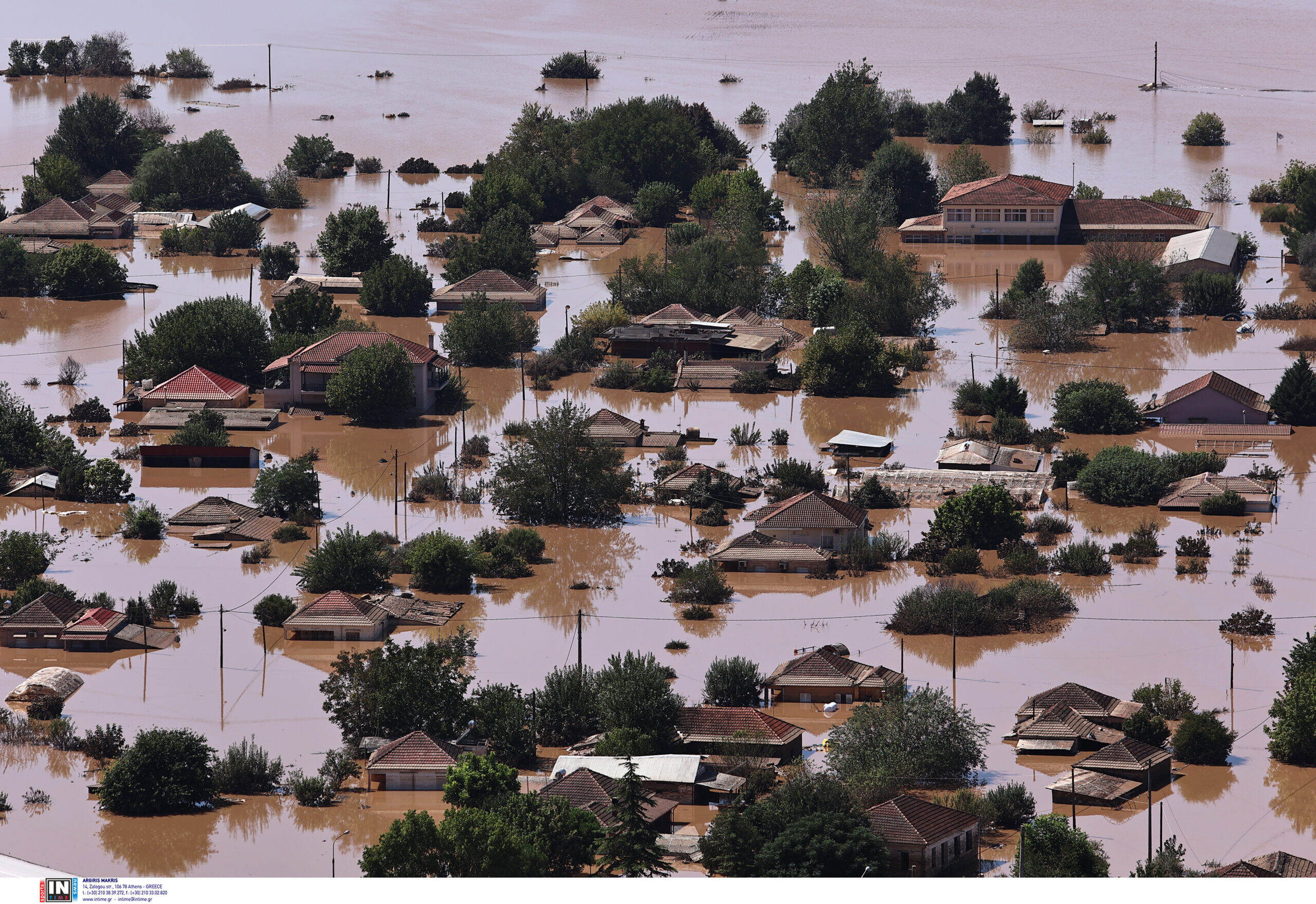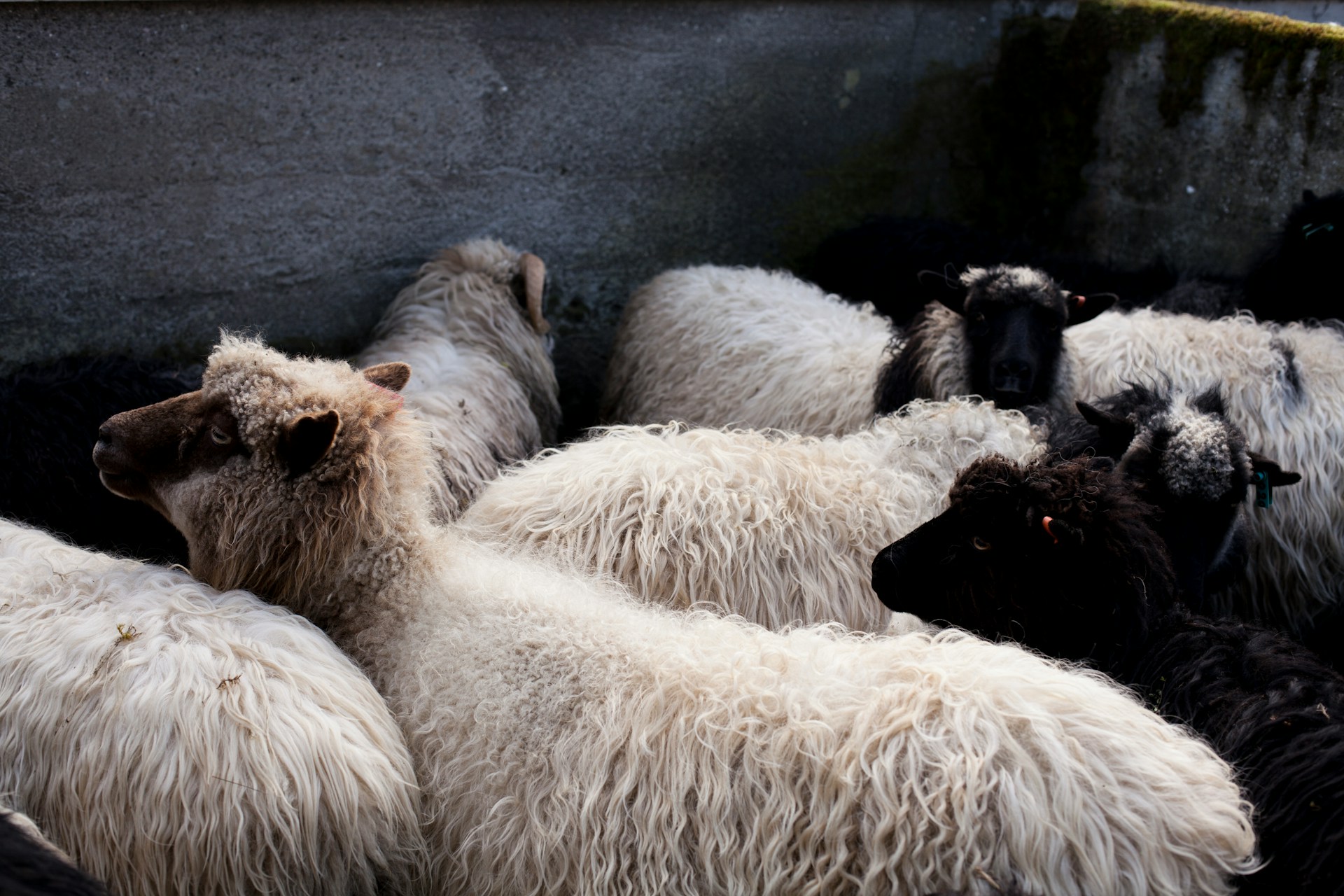By Maria Ravani,
Greek summer seems like a gift that keeps on giving. From deadly fires and smoke encircling the heart of the country’s capital to unprecedented high temperatures and economic inflation reaching new highs in ways that make it impossible for one out of two Greeks to go on vacation, nothing seems unpredictable anymore. And if all this was not enough, a new disease brought back that medieval aesthetic, called (sheep & goat) plague.
For those unaware of the disease (as we should be because it’s 2024 and not the last century), its official name is Peste des Petits Ruminants (PPR) and the death rate is between 80% to 100% of the infected animals. It does not transmit from infected animals to humans, but spreads rapidly among livestock, impacting local food chains, animals and their habitat. It was first detected in Greece on July 11th. Up until now, approximately 70.000 animals have been slaughtered to contain the infection –as it’s the main method used globally for containing the disease. It seems like it all began with a precarious shipment of animals from Romania and has now spread to different areas of Greece, starting from Thessaly and reaching as far as Attica. For now, all transportation of animals is banned, as authorities wait to see how the contamination will progress.

Thessaly, specifically, an area that has yet to recover from the catastrophic consequences of last year’s floods, is being tested once again, since the first cases of infected animals were located there. A region where livestock breeding is a major economic sector and that last year was vastly impacted, with hundreds of drowned animals being reported due to hurricane Daniel, formulating an unprecedented public health hazard. Now the area is again in danger of major economic setbacks and residents seem to be again in fear of future developments.
Hearing the news of another disease similar to the outbreaks of avian influenza or mad cow disease or more recently the COVID-19 frenzy (and unfortunately many more to come), many thoughts are crossing our minds. How connected is the appearance of those types of diseases to our contemporary way of living? What are we doing wrong when it comes to the ways of capitalizing on natural resources and how are all these connected to our urban societies? In a globalized world, how feasible can it be to tackle those types of diseases promptly and without them getting out of control?

During the COVID-19 season, we were jokingly wondering what would be the next deadly disease that would come once again to threaten our way of living. And it seems like –once again– the joke was on us. Some fear that “feta may be in peril” and others that consumption of meat will be affected. There is some truth in both those statements, but only when we are talking about fluctuations in prices and only if the situation continues (meaning only if more livestock become infected). A scenario like that is not unlikely, since more cases are being reported by the minute.
As of now, it seems like the only possible solution is to patiently wait for the moths, the frogs, the bloody waters, or whichever of the 10 disasters of the Pharaoh will decide to fall upon us next. Unless a deadly flood or a catastrophic fire takes us out first. We just have to wait and see, hoping that the incompetency of the Greek state apparatus will not once again put us on a lock-down or maybe ban us from eating certain types of food (like former so-called “radical” measures of the Greek government). Reminding us again that we learned nothing from our COVID-19-era mistakes.
References
- Sheep and goat plague won’t halt production of feta, say Greek farmers. The Guardian. Available here
- Feta in peril: Greece battles ‘goat plague’ threatening dairy production. Euronews. Available here
- EU fights outbreak of sheep and goat plague. Politico.eu. Available here
- Plague Outbreak in Thessaly Raises Alarm, But No Human Risk. Iefimerida. Available here
- Greece imposes restrictions to tackle ‘goat plague’. BBC. Available here




